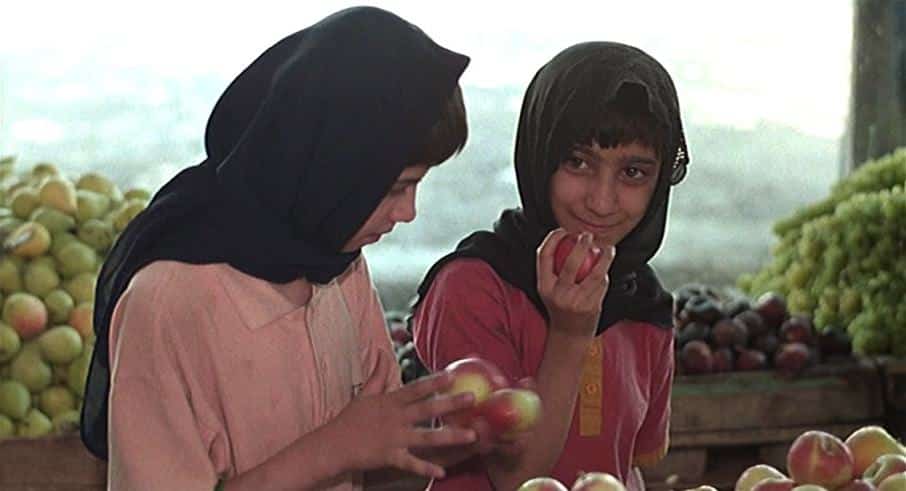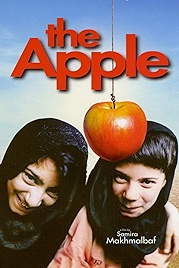A movie for every day of the year – a good one
28 November
Navy Day, Iran
Today is Navy Day in Iran. It’s the day every year when Iranians remember Operation Morvarid, a tactical strike against the Iraqi Navy in 1980, which resulted in much of the Iraqi Navy being destroyed. The Iranians, using American built F-4 Phantoms and F-5 Tiger aircraft, attacked Iraqi airfields, while a task force of the Iranian navy attacked Iraqi oil terminals, and two missile boats blocked the ports of Al Faw and Umm Qasr and started heavy shelling. Careful planning, lightning deployment, plenty of back-up and the strategic defence of all units involved in the attack meant the Iranians dealt a savage blow to the Iraqi forces, who retaliated but found themselves outgunned, outflanked and without support when it was needed most. It is estimated that up to 80% of the Iraqi navy was destroyed, with the Iranians using weapons, planes and ships sourced while the regime of the Shah of Iran was an ally of the US. Both Iran and Iraq had recently changed regimes – Iran from the Shah to the Ayatollah Khomeini as a result of the Islamic revolution the year before; Iraq from the sickly Ahmed Hassan al-Bakr to the vigorous Saddam Hussein (who was supported in his efforts against Iran by the US).
The Apple (1998, Samira Makhmalbaf)
The Apple is the debut film by 17-year-old Iranian director Samira Makhmalbaf, daughter of the revered director Mohsen Makhmalbaf, who co-wrote the screenplay. It tells the story of two sisters whose Allah-fearing father has kept them locked away from public exposure for 12 years, lest the strong light of reality tarnish their immaculate souls. Enter a social worker, who seems to have the same iron grip on the lives of individuals as social workers do in much of the rest of the world, and dad has soon been strong-armed into letting the girls out. It’s an old meets new story, obviously. But the girls’ father isn’t a rogue, cruel, or particularly abusive, he’s just a poor, uneducated guy with a blind wife whose piety has got the upper hand. What’s doubly interesting, though, and this fact puts Samira into the same camp of socially engaged realist cinema as her father, is the fact that the family we are watching are the actual family that this happened to – they are re-enacting events from their own family story. As for the titular apple, it’s the thing the girls want most from the outside world, a simple choice it seems, until the symbolic significance of the apple is invoked – the apple is a symbol of life but also of sin. Not everyone will swallow Makhmalbaf’s polemic, though her methods are interesting and her grip on drama is undoubtedly strong. She’s a chip off the old block.
Why Watch?
- The uneasy mix of drama and documentary
- The presence of the actual participants
- After a slow start it really gets its hooks in
- The debut of a talent with much more to say
The Apple – at Amazon
I am an Amazon affiliate
© Steve Morrissey 2013

